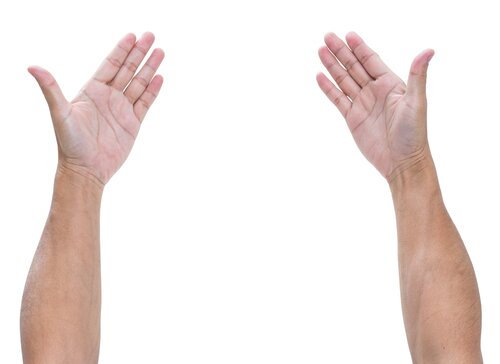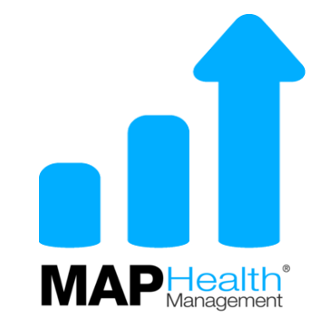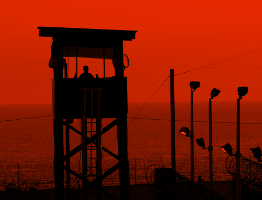Hello Left Hand? I'm the Right Hand, it's a pleasure to meet you!
August 10, 2016 Haven Lindsey

There’s probably not a more simplistic way to describe fractured, disoriented, and ambiguous communication than the statement, ‘The left hand doesn’t know what the right hand is doing’. The phrase serves as a red flag alert – a wake-up call that something isn’t working effectively.
When it comes to our nation’s healthcare system, with all of its components, silo’s, treatment teams, divisions and systems, the proverbial left hand doesn’t know what the right hand is doing. And how could it? Given its flawed functioning, how could we reasonably think communication would be anything but fractured, disoriented, and ambiguous?
Take, for example, a scenario that happens thousands of times, every day, in our country: An individual is seen by a mental health professional to receive an assessment, treatment, or follow-up for a behavioral health illness. Perhaps it’s depression, or the individual is striving to maintain recovery from addiction, or seeking addiction treatment. There is a high likelihood the individual has a co-occurring disorder; it could be depression combined with anxiety, or a drug addiction combined with an eating disorder. If only those illnesses stayed neatly contained under their labeled umbrella of behavioral health than perhaps healthcare in this country would indeed be fluid – everything and everyone would reside in its proper designation.
The problem is the human body isn’t wired that way. The body is a complex, multi-functioning, integrated system of bones, blood vessels, organs and muscles guided by thoughts, perspectives, and emotions yet is treated in our current system of healthcare delivery as if it has two distinct and segregated compartments: the section to be treated by general medicine practitioners and the section to be treated by behavioral health practitioners. No other industrialized nation segregates its system of healthcare with the degree of dysfunction as the U.S.
Invariably time and again, individuals are treated for behavioral health illnesses from a set of professionals operating under one designation and when it’s time to be seen for a physical check-up, skin cancer, diabetes, or any myriad of illnesses that fall out of the scope of behavioral health, they are required to check into a completely different system of general medicine professionals. Our system does not operate with a full appreciate of the organic crossover that takes place in the human body. Odds are as you read this your left hand knows what the right hand is doing, but if you are receiving treatment by a behavioral health professional and a general medicine professional, chances are good that they don’t have a full command or understanding of your holistic healthcare plan. In our country, the likelihood that both systems speak the same language, which would enable professionals to communicate and collaborate in the patient’s best interest, is unlikely. The left hand doesn’t know what the right hand is doing which results in miscommunication (or no communication), duplicative services, and preventable medical errors that claim the lives of more than 1,000 individuals every day and costs the nation an estimated $1 trillion annually.
In order to properly, effectively, and successfully treat the human body our healthcare systems need to join hands and become an integrated system of holistic healthcare. We are on the cusp of transitioning to utilizing better technologies with platforms designed to let entire treatment teams, regardless of their medical designation, communicate, collaborate, and share important patient data using protected, private means. Technology has driven our existence from the beginning of time and when we combine our resources and utilities we will have the capacity to deliver a higher quality of care. Our nation has created a lot of problems with our current system yet there is room for optimism as we begin to blend technology and data which results in a more efficient, effective, and error-free version of healthcare. As we look ahead we see opportunities for patient data exchange using secure and protected means with entire treatment teams communicating and collaborating with integrated resources.
The human body does not operate in a compartmentalized vacuum and it makes no sense to be treated by a compartmentalized system. As we begin to mend the fragments in our system, we can begin to truly heal.
_______________________________
Haven Lindsey lives in Austin, TX and works for MAP Health Management, LLC.








